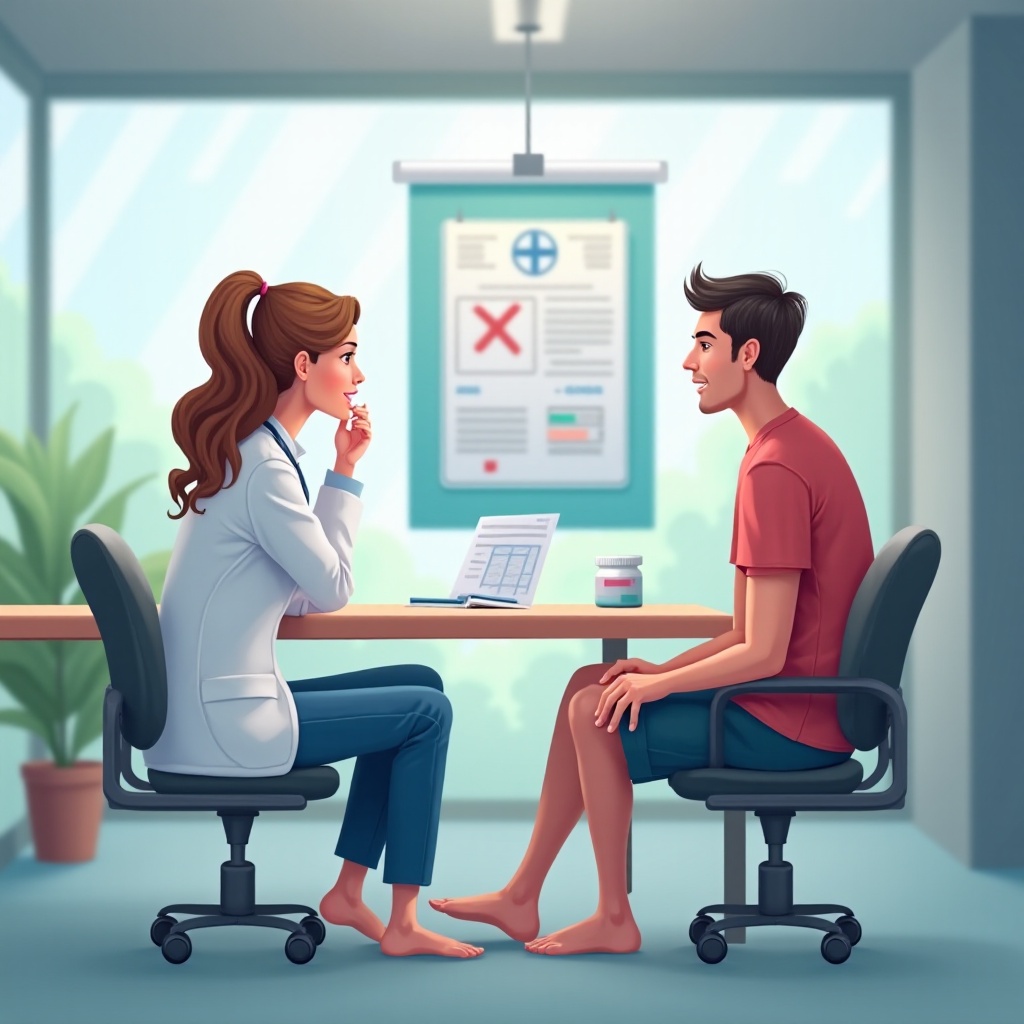Introduction
Antibiotics have transformed medical treatment, providing effective cures for bacterial infections that were once deadly. However, the question often arises: Is it safe to stop taking antibiotics once symptoms improve? This choice can have serious implications. In this article, we explore the reasons to complete your antibiotic course, the dangers of early cessation, and guidelines for responsible antibiotic use.

What Are Antibiotics?
Antibiotics are drugs used to treat bacterial infections by either killing bacteria or inhibiting their growth. They are critical for curing illnesses that, left untreated, can be severe or even deadly. Commonly used antibiotics, such as penicillin and amoxicillin, target a wide array of infections. Understanding their operation is essential to appreciate why it is crucial to adhere to medical prescriptions.
Antibiotics function by attacking specific bacterial structures or processes, which helps to eliminate the infection completely. Completing the full course of antibiotics is intended to ensure that all the bacteria causing the infection are destroyed. This decreases the likelihood of the bacteria returning or strengthening against the drug attacks.
How Antibiotics Work in the Body
When ingested, antibiotics circulate through your bloodstream to reach infected areas, neutralizing bacteria. When taken correctly and fully, they ensure that all harmful bacteria are effectively eliminated. The duration of antibiotic treatment is carefully determined based on the infection type and patient’s condition.
Recent discussions have emerged about whether some infections could be resolved with shorter antibiotic courses. However, in practice, it is essential to heed professional medical advice before altering any prescribed regimen. The risks of incomplete courses not only include the immediate return of infection but also contribute to long-term issues like antibiotic resistance.
The Risks of Stopping Antibiotics Early
Though you might feel better midway through your treatment, stopping antibiotics prematurely can lead to significant health risks. One of the greatest dangers is the development of antibiotic resistance. When exposed to antibiotics but not completely destroyed, bacteria can mutate, becoming resistant to similar drugs, which makes future infections harder to treat.
Furthermore, prematurely stopping treatment may cause the infection to return, as bacteria may not be fully eradicated. This can lead to recurring symptoms and the need for additional treatment, potentially with stronger, more impactful drugs that could pose greater risks.

Situations Where Early Cessation Might Be Considered
There are rare cases where stopping antibiotics early might be medically justified, but this should only occur under medical guidance. Severe side effects, like allergic reactions, liver damage, or intolerable gastrointestinal issues, may necessitate a change in medication.
If such side effects occur, it is crucial to contact your healthcare provider immediately. They will evaluate your condition and possibly suggest an alternative treatment that continues to address the infection effectively while mitigating adverse effects. Self-altering your antibiotic regimen can be hazardous without professional input.
Expert Opinions: What Healthcare Providers Advise
Healthcare experts firmly advise against stopping antibiotics before completing the course unless explicitly directed by a healthcare professional. Numerous organizations, including the Centers for Disease Control and Prevention (CDC) and the World Health Organization (WHO), emphasize completing prescribed courses based on current guidelines to prevent resistance.
These recommendations stem from comprehensive research and aim to ensure that treatments remain both effective and safe. Regular updates to these guidelines ensure they reflect the latest scientific findings and public health strategies.

Tips for Patients: How to Manage Antibiotic Courses
Managing antibiotic regimens effectively can be challenging, but several strategies can help ensure adherence:
- Set Reminders: Use digital tools like apps or alarms to remind you to take each dose on time.
- Education: Discuss your prescription’s intended benefits and potential side effects with your healthcare provider.
- Report Side Effects: Contact your doctor immediately if you experience adverse side effects, as they may adjust your regimen or recommend alternatives.
- Proper Storage: Keep antibiotics in their original packaging and store them as recommended to maintain their viability.
By following these tips, you can avoid the temptation or necessity to stop antibiotics early, ensuring effective treatment outcomes.
Conclusion
Completing the prescribed course of antibiotics as advised by your healthcare provider is paramount to curing infections effectively and reducing public health risks like antibiotic resistance. Always consult your healthcare provider if you have any concerns about your treatment, and commit to using antibiotics wisely and correctly.
Frequently Asked Questions
Is it ever safe to stop an antibiotic course early?
Stopping an antibiotic early is only advisable under direct medical supervision, typically due to severe side effects.
What should I do if I want to stop taking antibiotics early due to side effects?
Contact your healthcare provider immediately to assess your condition and discuss any changes to your treatment plan.
How can stopping antibiotics early contribute to resistance?
Incomplete treatment may allow bacteria to adapt, potentially leading to mutations that make them resistant to antibiotics, complicating future treatments.
